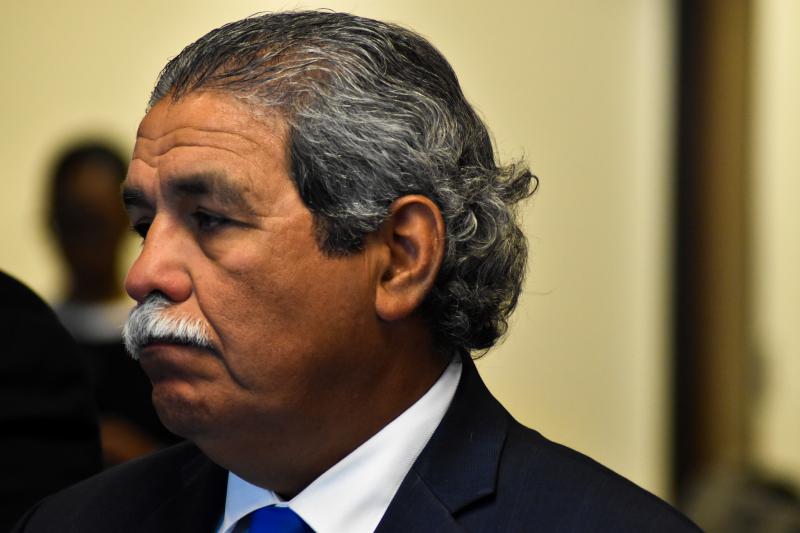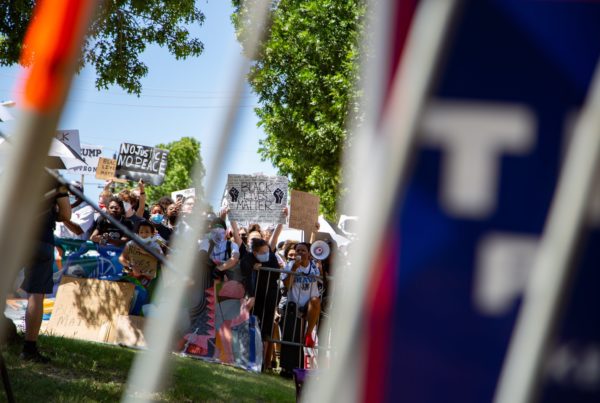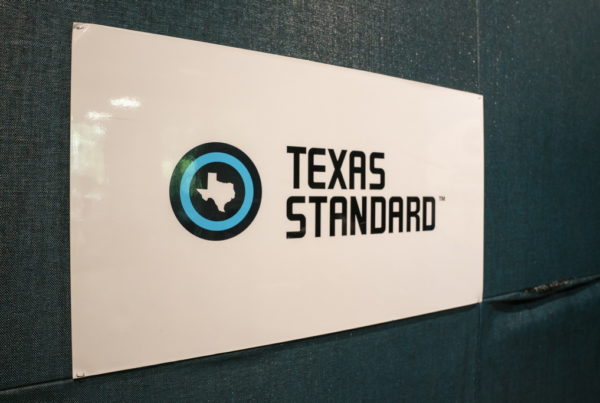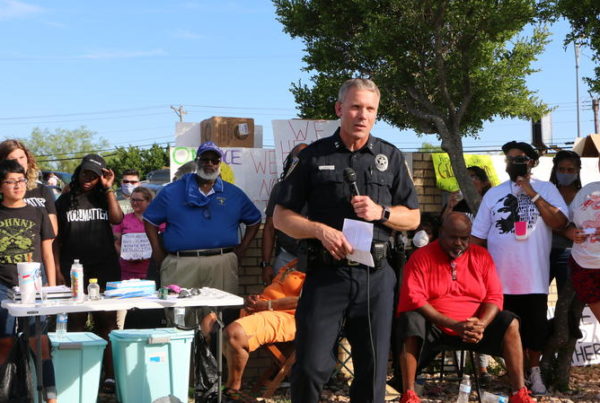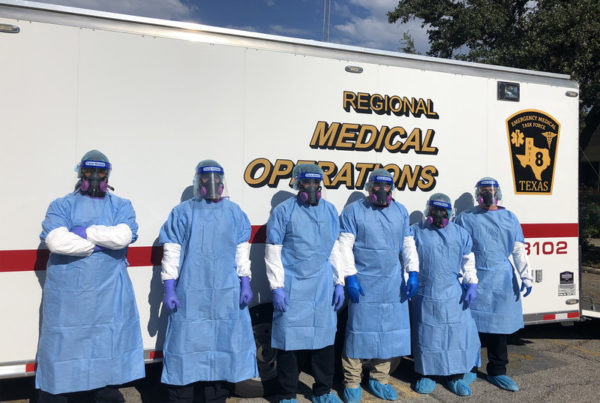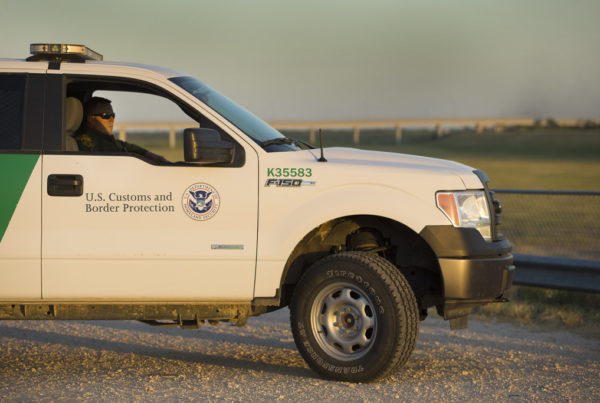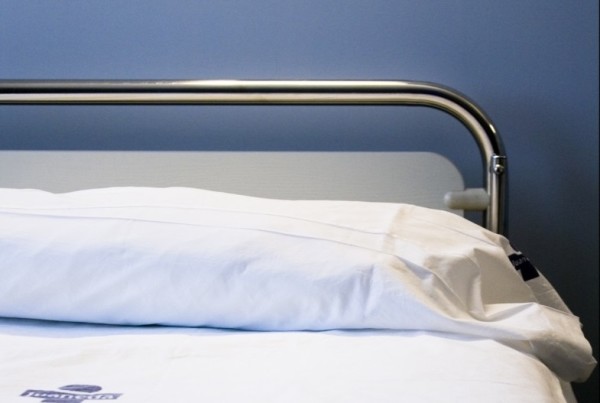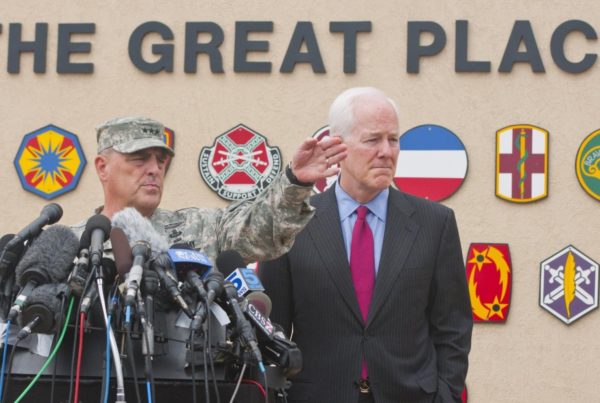From KERA:
As calls for defunding of police departments ring across the country, social-justice advocates say it should happen in schools, too. But in Dallas, the superintendent and some trustees say they don’t want it to happen.
Groups like the Texas Organizing Project and Disability Rights Texas hope to ride the wave of outrage over the death of George Floyd at the hands of a white Minneapolis police officer.
Pam Mixon with Disability Rights Texas says just as protesters want city police forces defunded, her organization wants the same of school district police departments. Among the more than 1,000 independent school districts in Texas, a fifth have their own police force. Mixon says the money should be diverted to improve social and mental health services. She says disabled students and black kids get the brunt of bad policing.
“With the cases that we receive from parents,” Mixon said, “there are students being harassed, terrorized, being threatened.”
Mixon says racism is at the heart of some concerns. She cites an incident in Dallas from three years ago.
“So a 7-year-old in the Dallas ISD,” Mixon continued, “was tased, handcuffed by a school resource officer after a verbal outburst in class.”
That’s what the child’s family said. But Dallas Superintendent Michael Hinojosa says it could not have happened that way.
“Our police department has never had Tasers,” Hinojosa said “Ever. So I don’t know how that student could have gotten tased.”
Hinojosa says while the letter from the organizations offers some valuable criticism, there are also serious inaccuracies. He will not recommend the district dismantle its police department of more than 200.
“When we had Sandy Hook and we had Santa Fe, people were saying hire more police officers, give more security,” Hinojosa recalls. “In our bond program we’re going to increase our security. You need to balance things.”
Hinojosa points out Dallas school police don’t work for the city, but that’s often the case in other states. Dallas school board member Edwin Flores says district police are trained to work with students, which helps weaken the so-called school to prison pipeline.
“If we don’t have our own police department,” Flores says, “every referral, you would be calling the Dallas Police Department. They would do whatever they would do at that level, versus allowing us to handle this within the schools and having our own system of restorative justice.”
Trustee Joyce Foreman, who frequently disagrees with Flores, agrees with him here. She’d also keep the school police.
“A lot of it is for safety and security for our schools,” Foreman says, “for students, our parents, our teachers, our employees.”
Superintendent Hinojosa acknowledges the protest marches have forced a new focus on policing. But when it comes to the district divesting itself of its police department, as the organizations demand, he says don’t throw the baby out with the bathwater.
Got a tip? Email Reporter Bill Zeeble at bzeeble@kera.org. You can follow him on Twitter @bzeeble.


